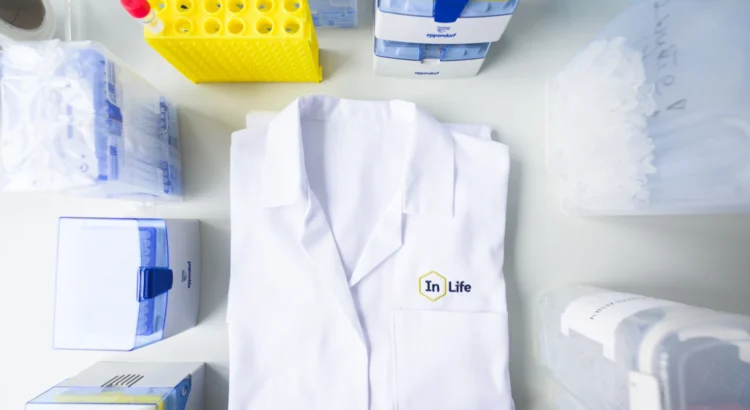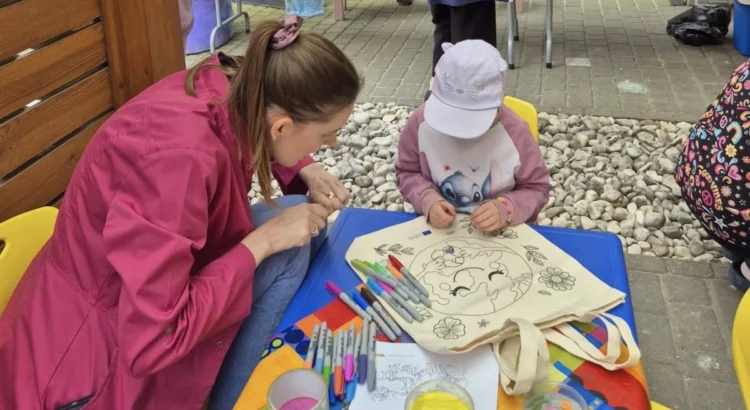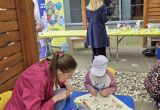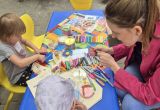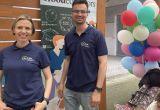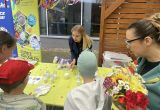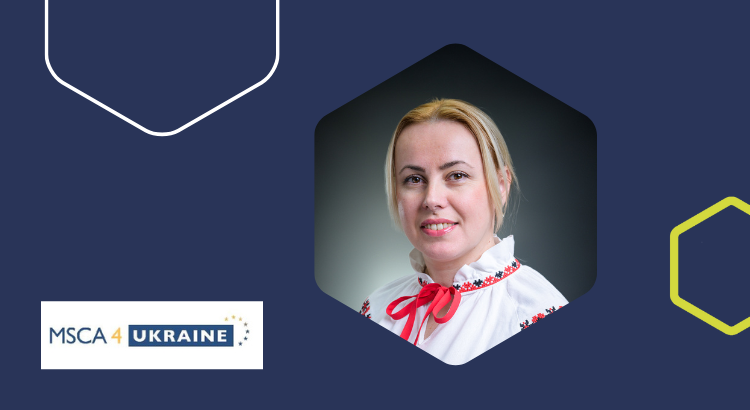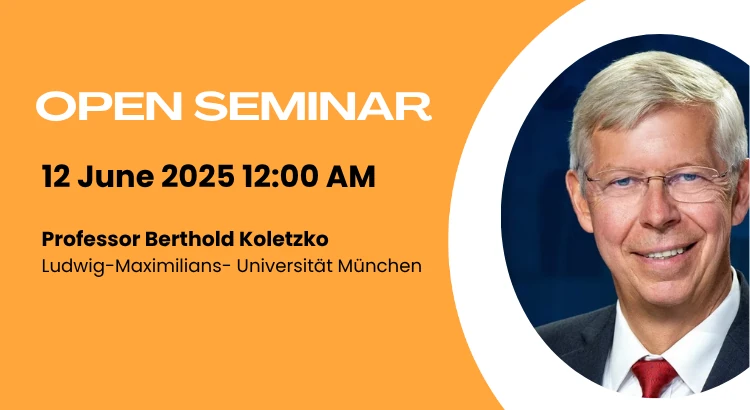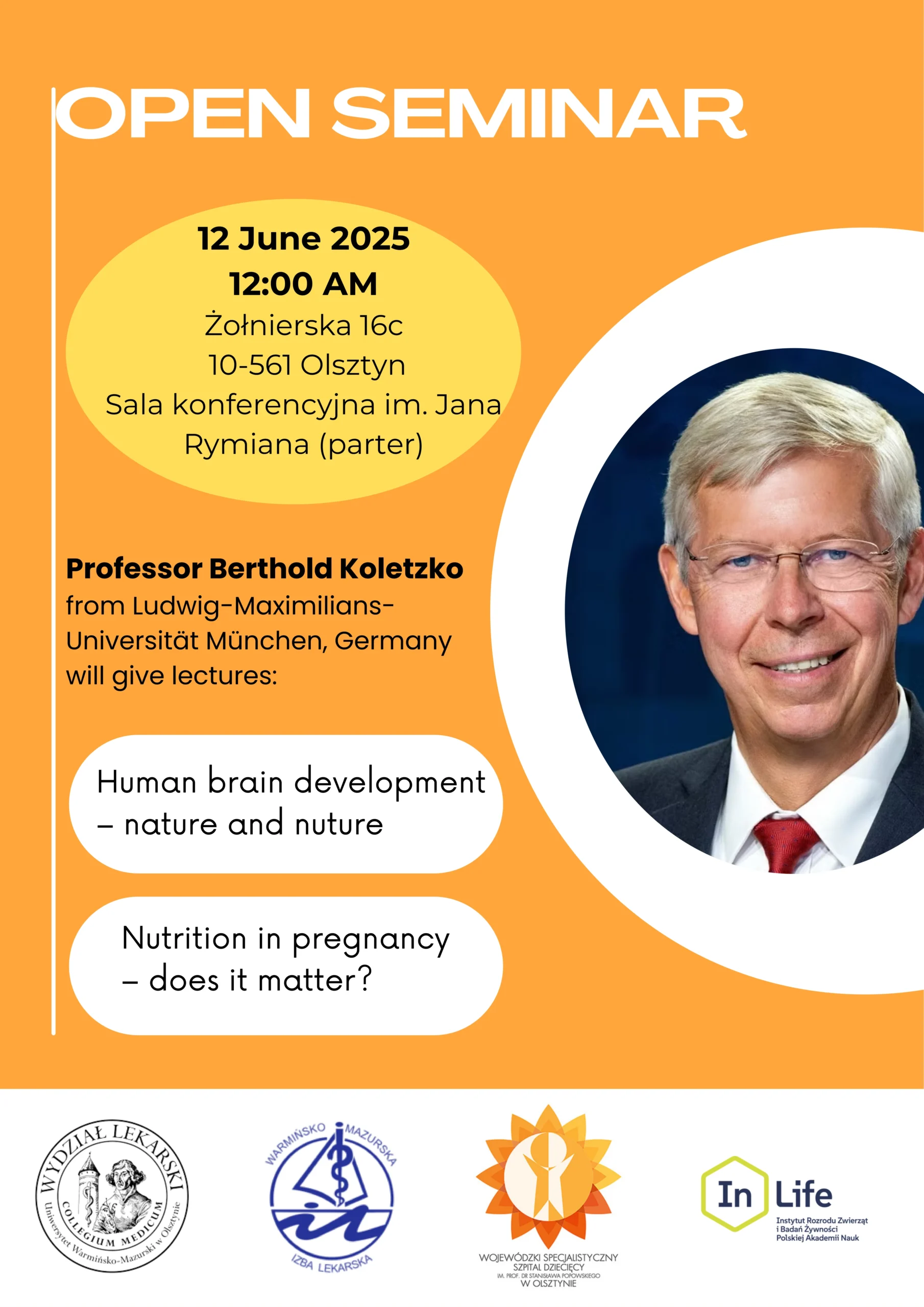The Institute of Animal Reproduction and Food Research, Polish Academy of Sciences in Olsztyn, is seeking a Specialist or Senior Specialist to join the Molecular Biology od Reproduction Team. The successful candidate will act, supporting both research activities and day-to-day lab operations.
Key Responsibilities:
- actively participate in ongoing research projects,
- coordinate and perform experiments in vitro,
- conduct laboratory analyses, including DNA, RNA, and protein isolation and quantification, microscopy and immunohistochemistry analyses, hormone assays,
- collecting samples from animals,
- oversee laboratory logistics: inventory management, ordering supplies, keeping current documentation, liaising with administration.
Role in the Research Team:
The successful candidate will provide key technical and organizational support for the team, including implementation of designated experimental stages and coordination of selected research tasks. The position requires close cooperation with other researchers and maintaining smooth laboratory operations.
Required Qualifications and Experience:
- university degree (MSc or PhD) in life sciences (e.g., biology, biotechnology, or related field),
- hands-on experience in at least one of the following: molecular biology, animal and human reproduction, isolation and culture of primary cells in vitro, in vivo experiments,
- excellent English proficiency (reading scientific literature, communication, documentation),
- ability to document and report research results clearly,
- responsibility, independence, diligence and precision in completing assigned duties out assigned tasks,
- team spirit and excellent interpersonal skills.
Highly appreciated:
- previous experience in laboratory work,
- hands on experience of trancriptomics and bioinformatics methods.
What We Offer:
- stable employment at a leading research institute of the Polish Academy of Sciences,
- opportunities for professional development, including participation in trainings on molecular biology methods,
- possibility for professional development in the field of reproductive biology, endocrinology, and epigenetics,
- a supportive, collaborative, and friendly working environment,
- access to modern laboratory infrastructure,
- optional involvement in scientific publications or project writing (depending on experience),
- Benefits from the Company Social Benefits Fund (e.g. Multisport).
Terms of Employment:
- full-time employment,
- salary: depending on experience and qualifications,
- expected start date: August 2025.
Required Application Documents:
- cover letter,
- curriculum vitae (CV),
- copy of academic diploma (MSc or PhD),
- references or opinion of MSc or PhD promoter,
- any other documents relevant to the application.
Deadline and place for submitting documents:
Documents application you should to be submitted by 28 July 2025 at the latest address e-mail: m.cieslik@pan.olsztyn.pl (in the title: specialist/senior specialist at MBR team). Additional information: a.waclawik@pan.olsztyn.pl.
After making analysis submitted applications, we will contact you with the chosen ones candidates the purpose to carry out further stages process recruitment.
The Institute reserves the right to end the recruitment process prior to the deadline if a suitable candidate is selected.
Please include the following in your CV: clause consent on processing By us data personal data in the process recruitment:
„I express consent on processing my data personal contained in the documents application By Institute Reproduction Animals and Research Food PAN in Olsztyn with headquarters at 10-683 Olsztyn, ul. Trylińskiego 18, for the purpose of implementation process recruitment”.
Administrator data personal processed within the framework of process recruitment is the Institute Reproduction Animals and Research Food PAN in Olsztyn, with headquarters at 10-683 Olsztyn, ul. Trylińskiego 18, tel. 89 523 46 86, e-mail: institute@pan.olsztyn.pl.
Contact with inspector protection data personal data is available at: iodo@pan.olsztyn.pl.
Given data personal processed they will be in order implementation present process recruitment and stored until his endings on the basis of expressed consent (pursuant to Article 6 paragraph 1 letter a of the GDPR).
The person whose data they concern is entitled to the right to withdraw consent at any time moment without influence on legality processing, which was done on the basis of consent Before her revocation.
The person you data they concern is entitled to law access to your data personal data, request their rectification or removal. Submission tasks removal data is equivalent to resigning from participating in the process this recruitment. In addition is entitled to her the right to demand limitations processing in cases specified in Article 18 of the GDPR.
The person whose data they concern, they are entitled to the right to bring complaints to the president Office Protection Data Personal on illegal processing her data personal data. This body will be appropriate for consideration complaints about that law Bringing Complaints refers to only legal compliance processing data personal, no refers to and course recruitment.
Data shared NO they will be were subject to profiling or sharing entities Whether to the countries third. Recipients data they can to be institutions authorized by virtue of laws.
Pass data contained in the documents recruitment it is not obligatory, but it is a condition necessary to participate in the process recruitment.
Czytaj więcej


